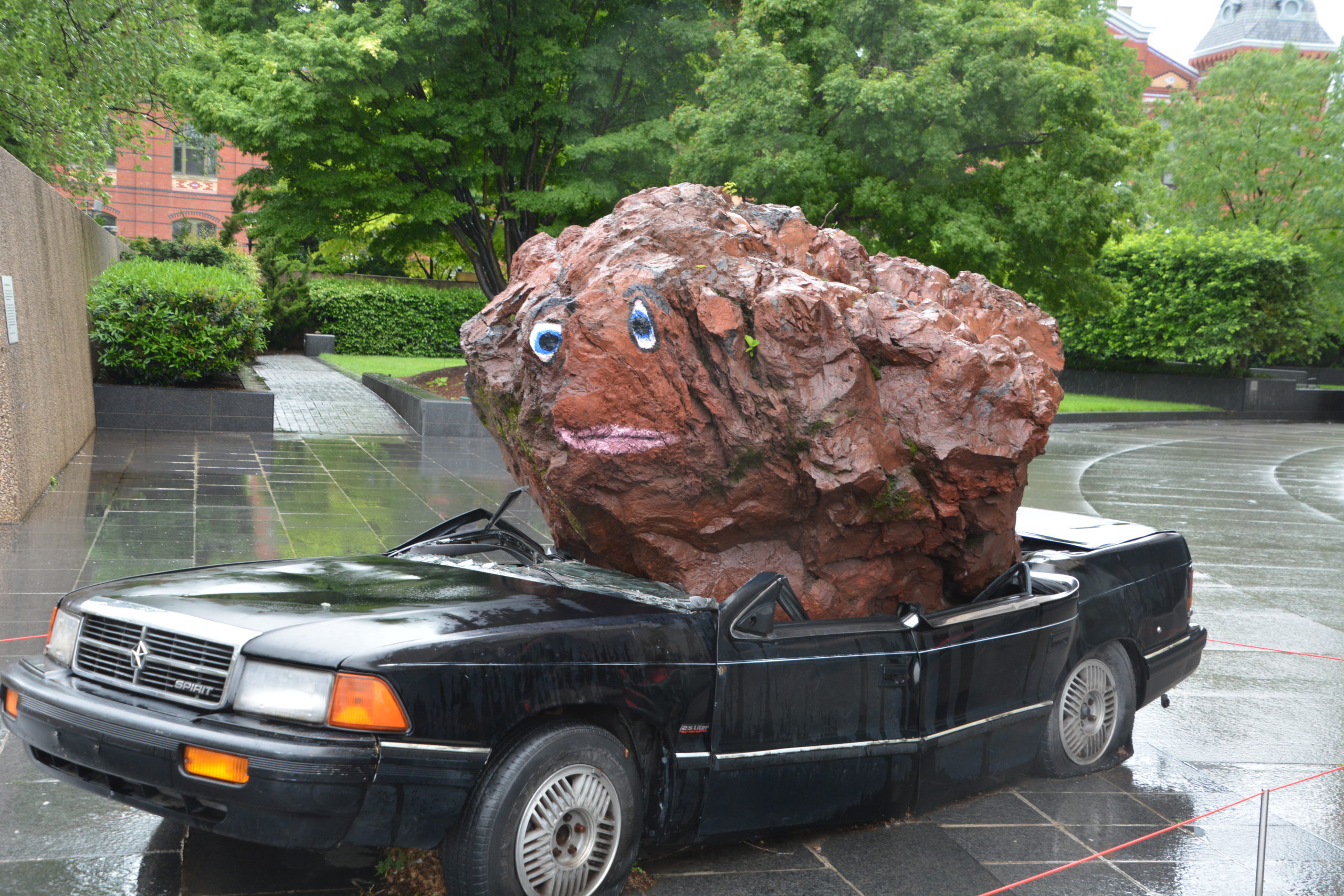In the face of the most recent mass shooting, this time in Virginia Beach, the question that emerges is exactly where is all this American rage coming from and exactly what can be done about it.
Explosive rage, shame, simple-minded thinking and paranoia are running roughshod over human decency.
We live in an age of political madness, over competitiveness, anomie, frantic activity and depletion. These are shadow times in America. It reminds me of the quote from the Queen of Hearts in Alice in Wonderland when she said, “My dear, here we must run as fast as we can, just to stay in place. And if you wish to get anywhere you must run twice as fast as that.”
It is no surprise that we see occasional explosions of paranoid madness where the weakest and must unstable in society give vent to our great American emptiness, but how does one understand the root causes of this madness?
There was one book, written back in 1851 by Herman Melville, that gives us some hint as to the roots of our problem. The book is “Moby-Dick,” and it’s about the madness of Captain Ahab who is on a greedy blood quest, seeking revenge on a great white sperm whale that bit off his leg at the knee on his last whaling excursion.
At the beginning of this book, Ishmael, who is the book’s narrator, attends a sermon on a church in Nantucket before he and Queequeg set sail on the doomed Pequod. The sermon is delivered by Father Mapple and it’s the parable of Jonah who fails to follow God’s mandate and winds up being swallowed by a whale.
“Moby-Dick” was a flat-out failure for more than 70 years, selling a mere 3,200 copies, and Melville, like most authors, died poor.
But D.H. Lawrence wrote a critical essay about “Moby-Dick” in 1923, describing it as the greatest seafaring adventure ever penned. Thanks to Lawrence, the book finally became popular throughout the world and is now considered the definitive American novel.
Lawrence described “Moby-Dick” as a meditation on American democracy, power, greed, industrialization and exploitation of labor. He characterized Captain Ahab and the sinking of the Pequod as symbolizing the ultimate failure of the American soul. Melville somehow channeled America’s great white soul and revealed its nature as too mercenary, too aggressive, and too willing to sacrifice all in an effort to get rich and make money. Alexis de Tocqueville said America was too practical, too commercial, and lacking in aesthetics, but, according to Lawrence, Melville showed the world that our character had eventually led to the death of the American soul.
Indeed, these are shadow times in America and the murderous rage that is devouring the American soul, our soul, is right in front of our noses. Back in Nantucket in 1851, Ahab led his crew of Quakers, Polynesians, blacks and Indians to their death out of greed, and they all got swallowed up in the belly of the whale. And 168 years later, we are still in the belly of the beast.
Evidence is all around us. Look at our president and his group of functionaries which includes Kelly Ann Conway, Sarah Sanders, Robert Barr, Justice Cavanaugh and Steven Miller. Look at the number of mass shootings that keep happening. Turn on TV and tune in to another series about “The Walking Dead.”
This is what rampant capitalism looks like and feels like as it devours everything in its wake. It reminds me of the great Joel Grey in “Cabaret,” when he sang, “Money makes the world go round, the world go round, the world go round.” And we all know how that story ended.
And no one seems able to escape this darkly spinning merry-go-round. If you are a disgruntled government employee that has a gripe about something, if you are a middle-class homeowner trying to keep up with mortgage payments, or if you are the American president on a tweet rage, you are all feeling this anger and these shadow times.
It is hard to fathom who will save us from this horror. Mighty Mouse is long gone, Superman is dead, and the idea of waiting for Godot didn’t work either.
The sculpture by Jimmie Durham seems to point us in the right direction, and the answer is best hinted at by the Robert Frost poem, “The Secret Sits,” which reads as follows:
“We dance round in a ring and suppose,
But the Secret sits in the middle and knows.”
And if the Secret could speak I think it might say, “Hey America, slow down, be proud of yourself and what you‘ve achieved, there is nothing more to prove, take a breath, exhale, enjoy this life. You have done so well already.”



